

“The ocean splits us into two continents far away, and the river/water connects us again while being present in front of Lanesboro Stone Dam. The memory from the past is flashed back and blurred when time passes without knowing. But the similarities within the love and care from the family are there when a new life comes the way. Even though the memories are blurred, the invisible solid support of the family continues to connect without separation, borders, and limitations.”
Visit Project Website
Part of Artist Books Collection at Minneapolis Central Library
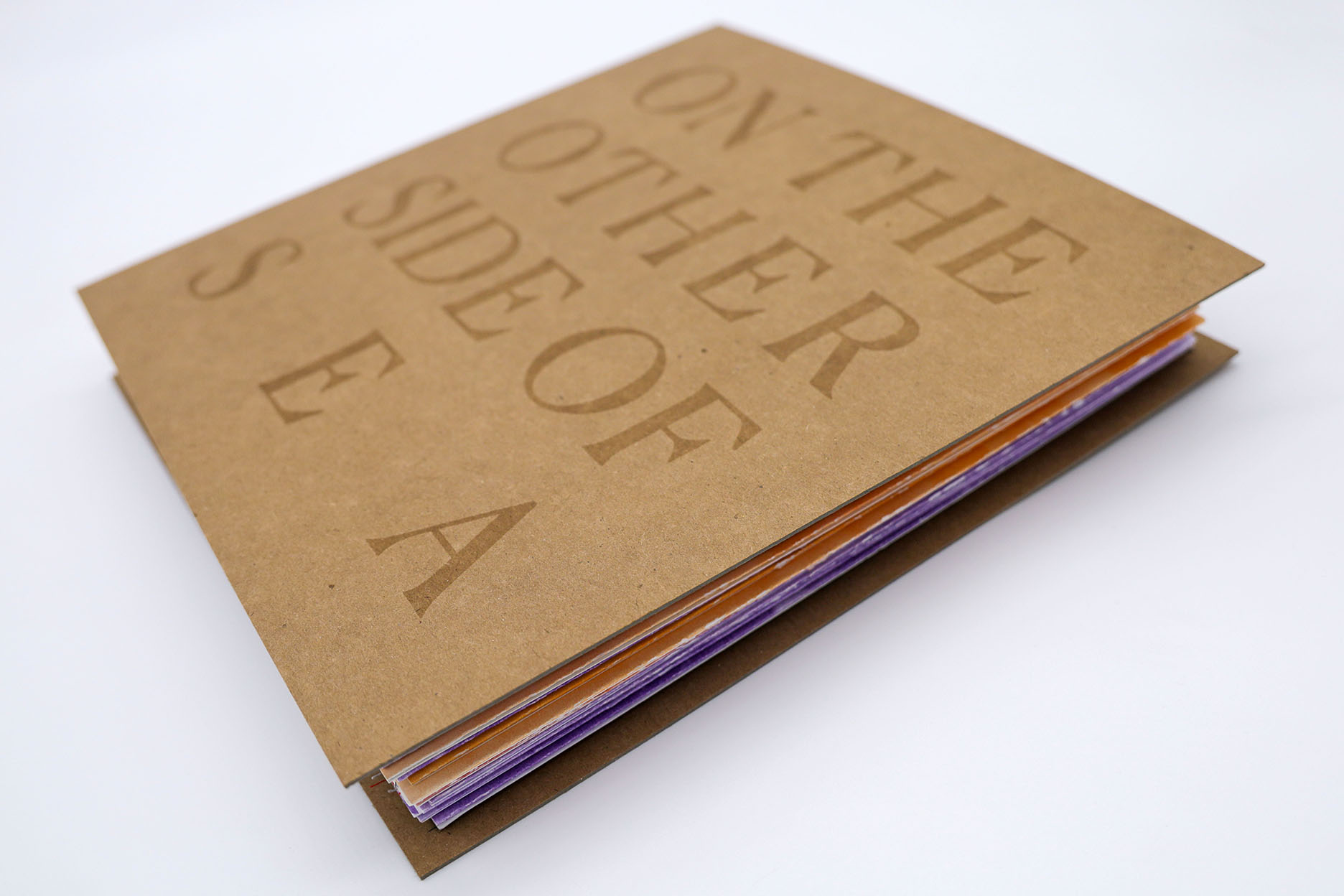



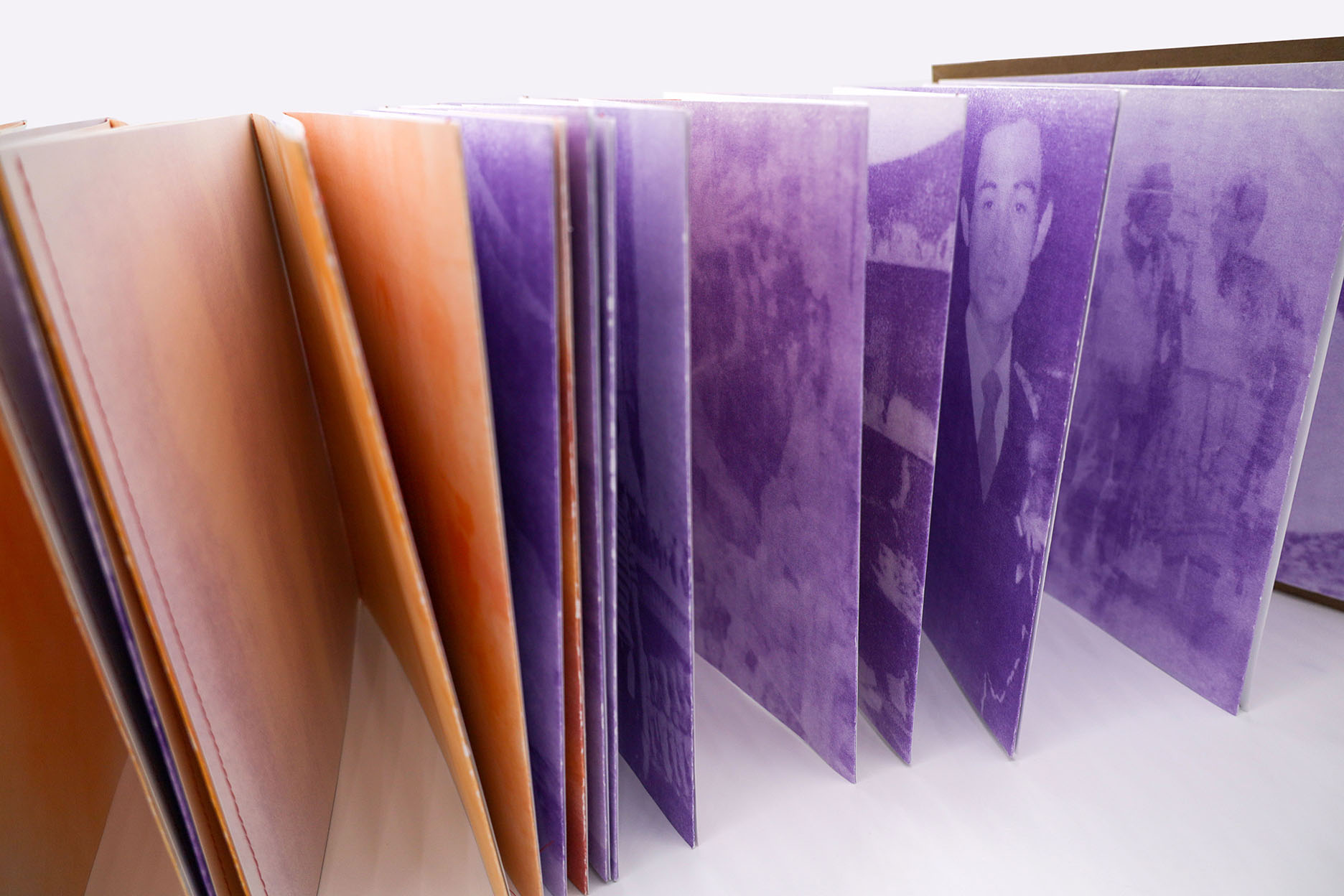
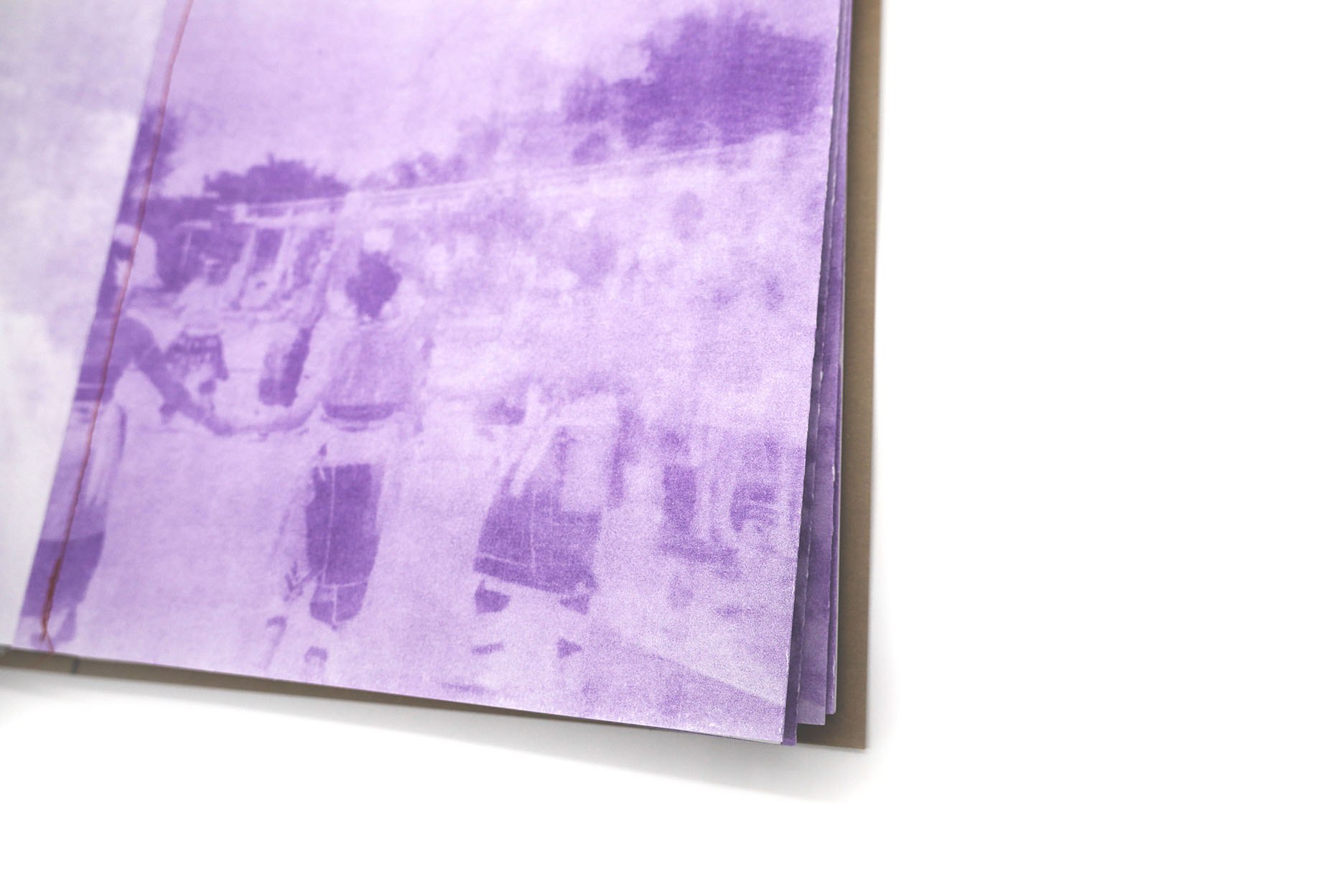
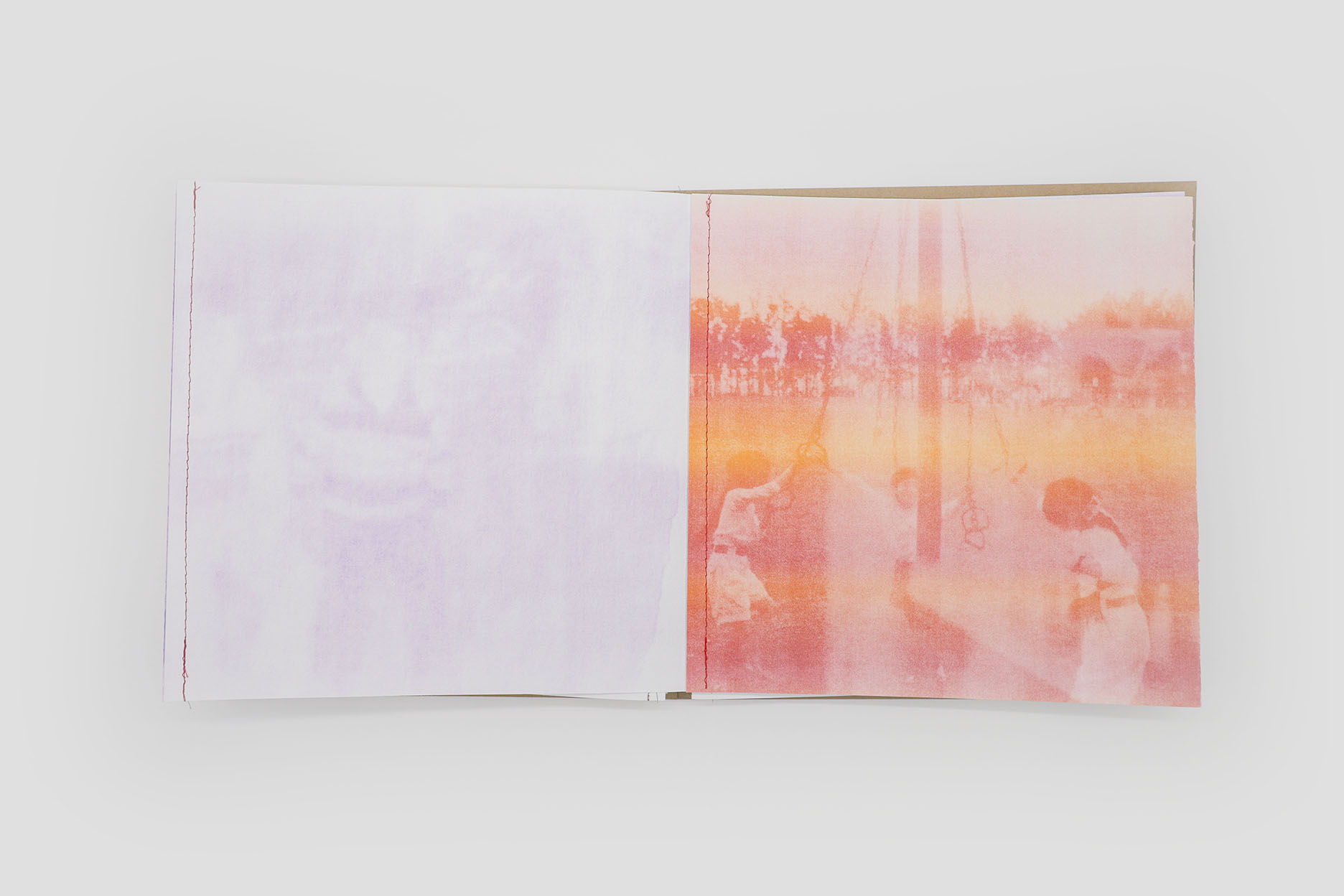
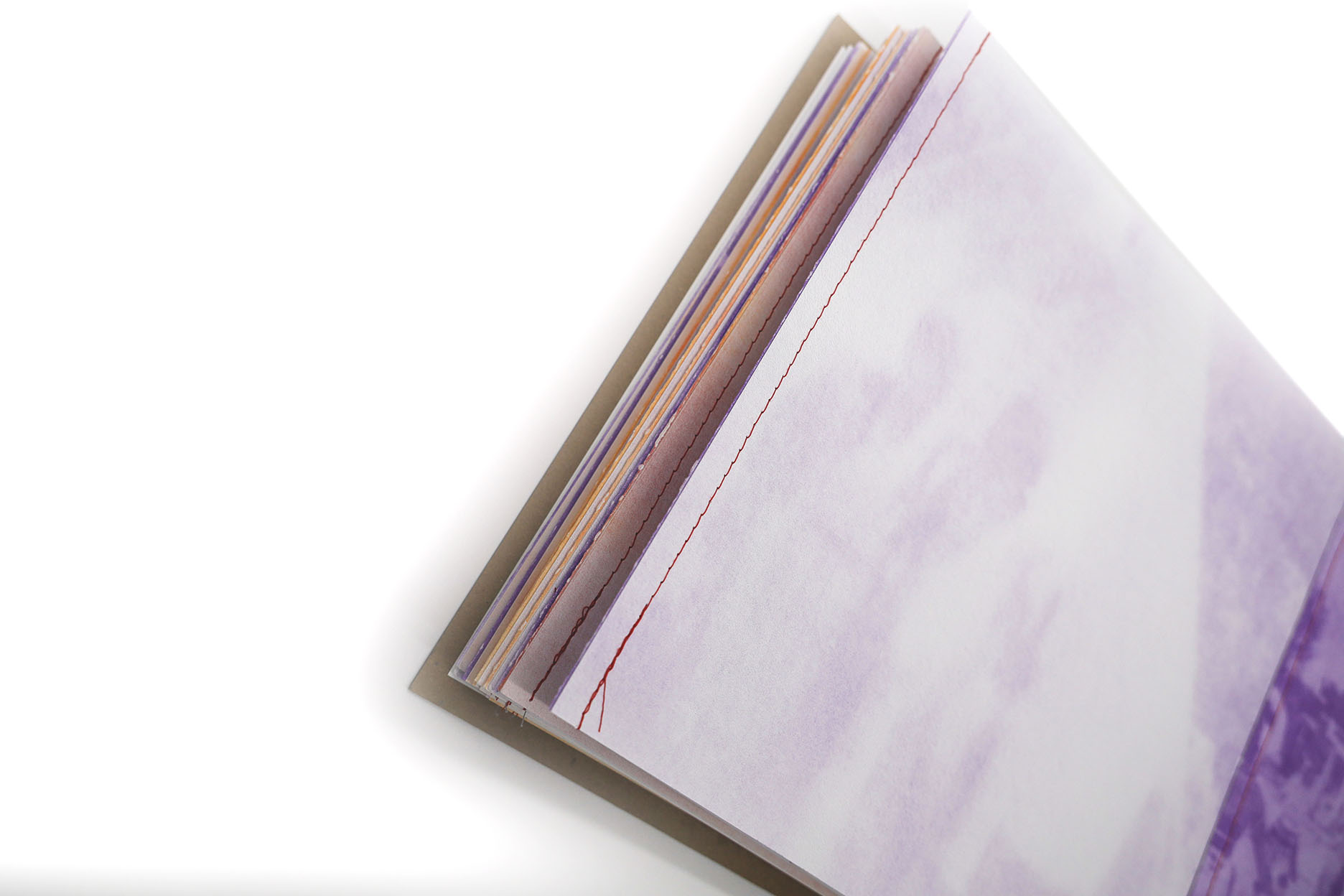
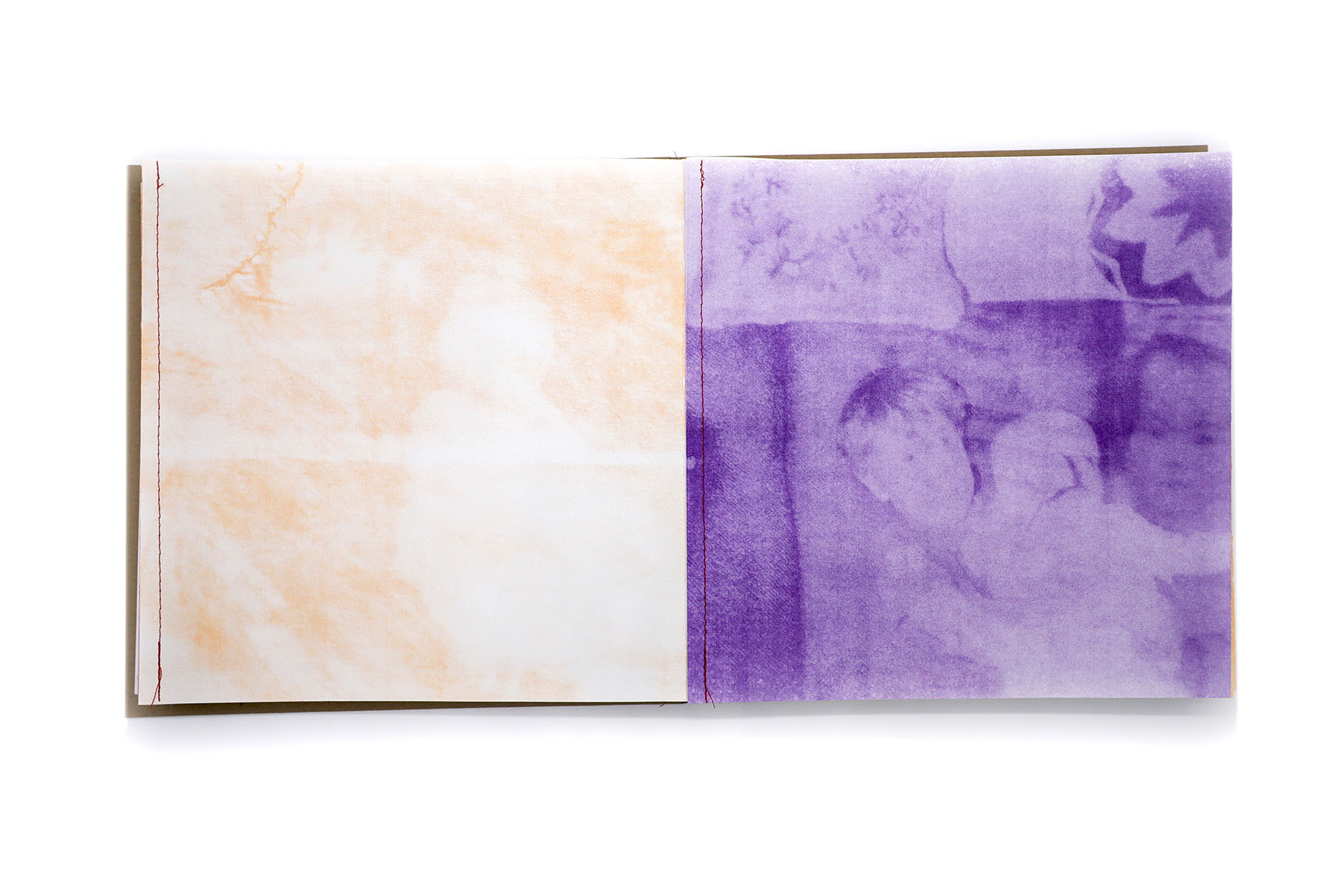

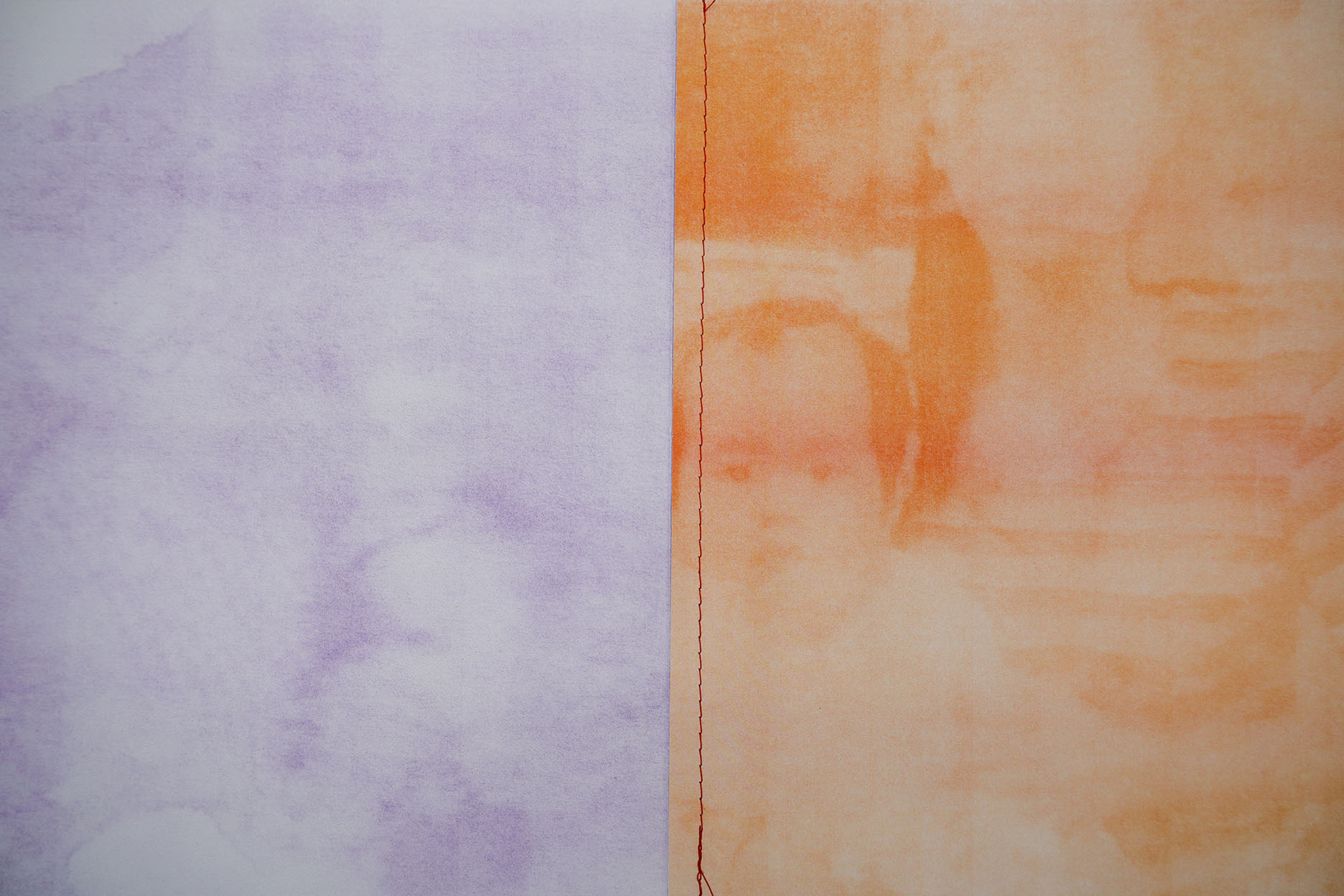
- Artist Book: 11x11x0.5-1 in, 48 pages, color, riso prints, hard cover with letterpress, hand-sewing pages, 30 limited editions


Text by Darren Tesar
Wisp, is a solo exhibition by Wen-Li Chen. This exhibition, utilizing a curated collection of new and previous projects (The Distance Between, islands, To My Unborn Child), is prompted by simultaneously being a part of and apart from what she calls a “dying nation”, namely a Taiwanese indigenous people named the Kavalan. Much of her creative output is both informed by and aims to produce a sense of the uncertainty in losing a grasp over one’s heritage.
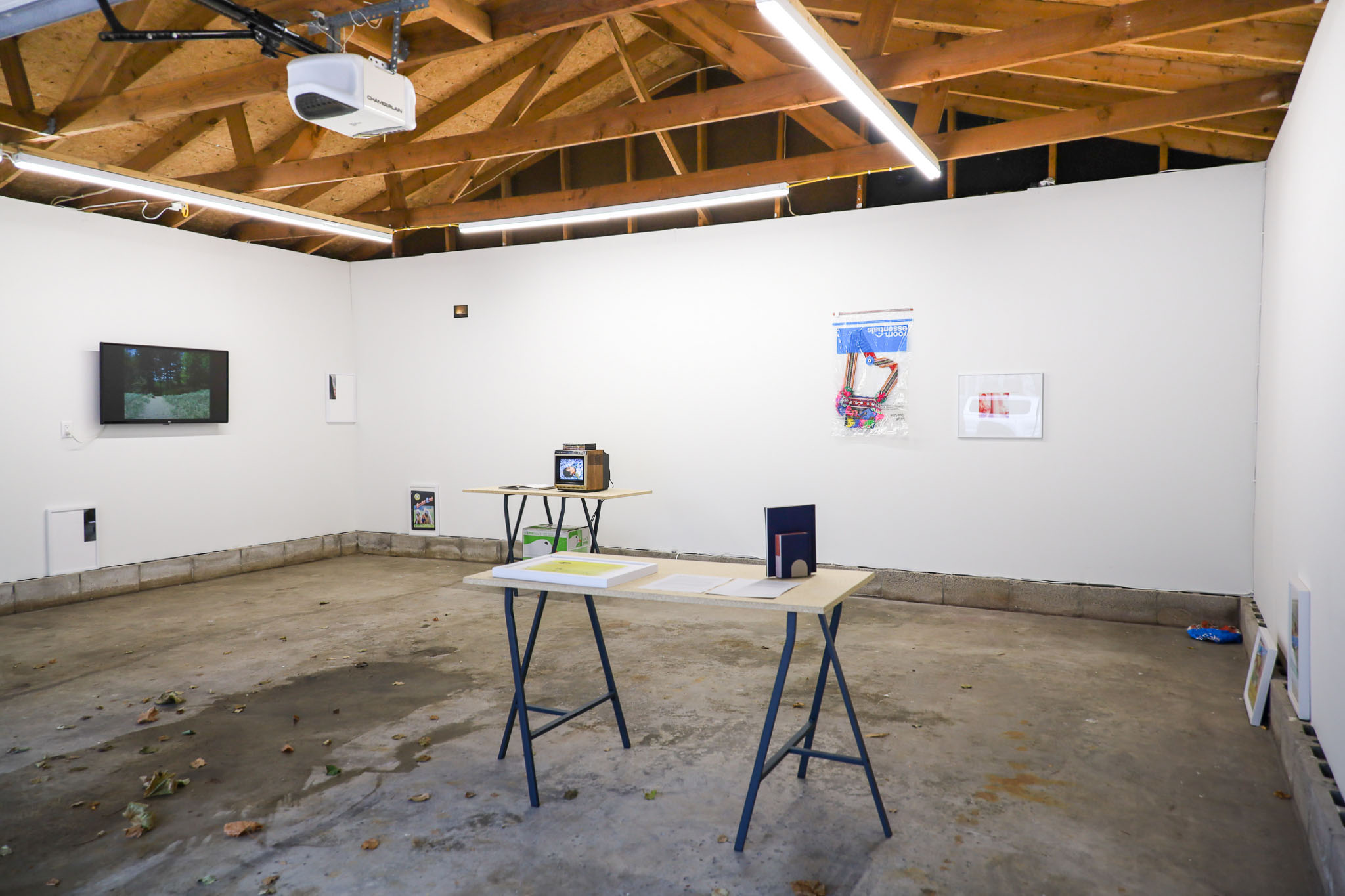
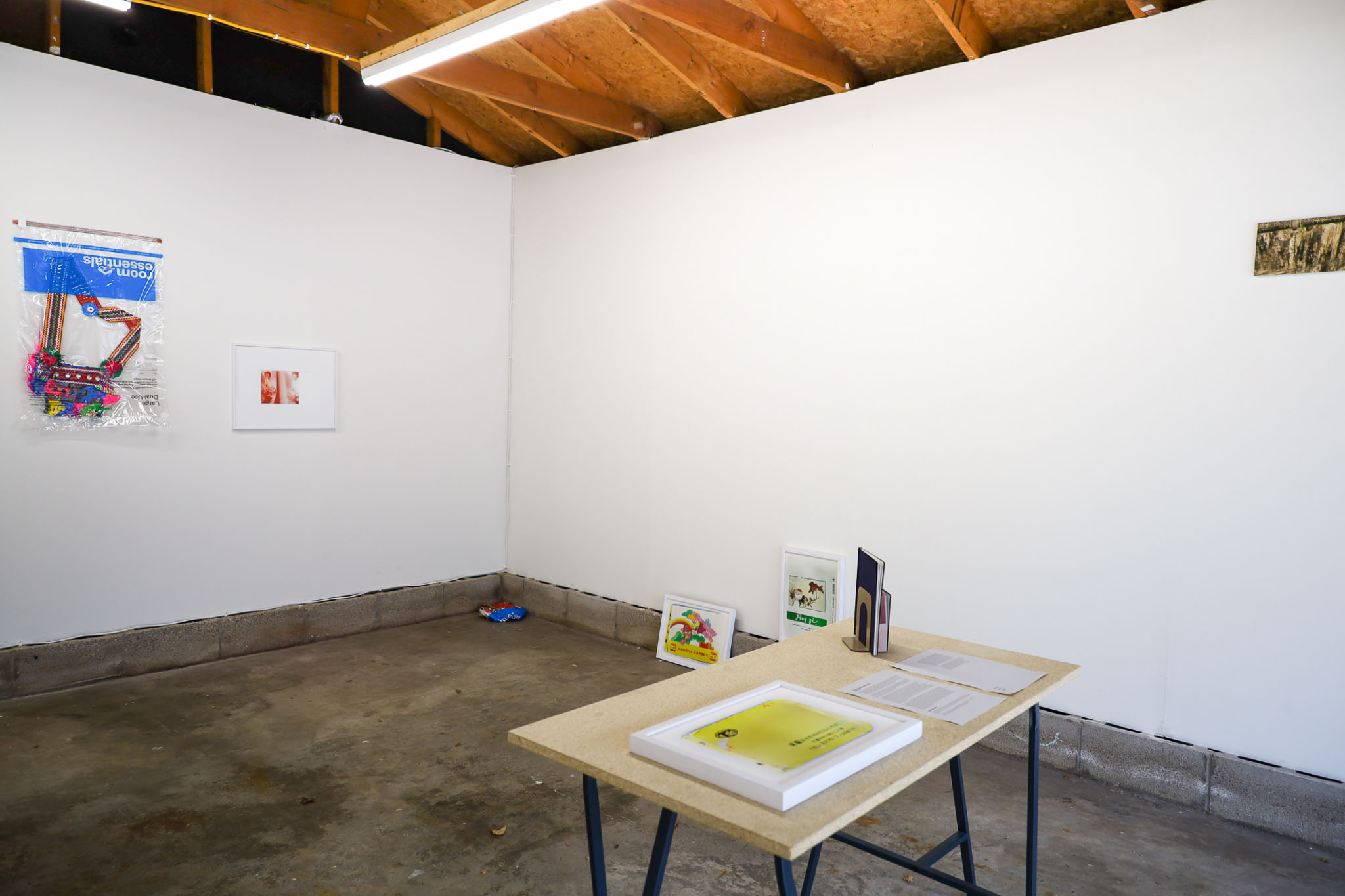
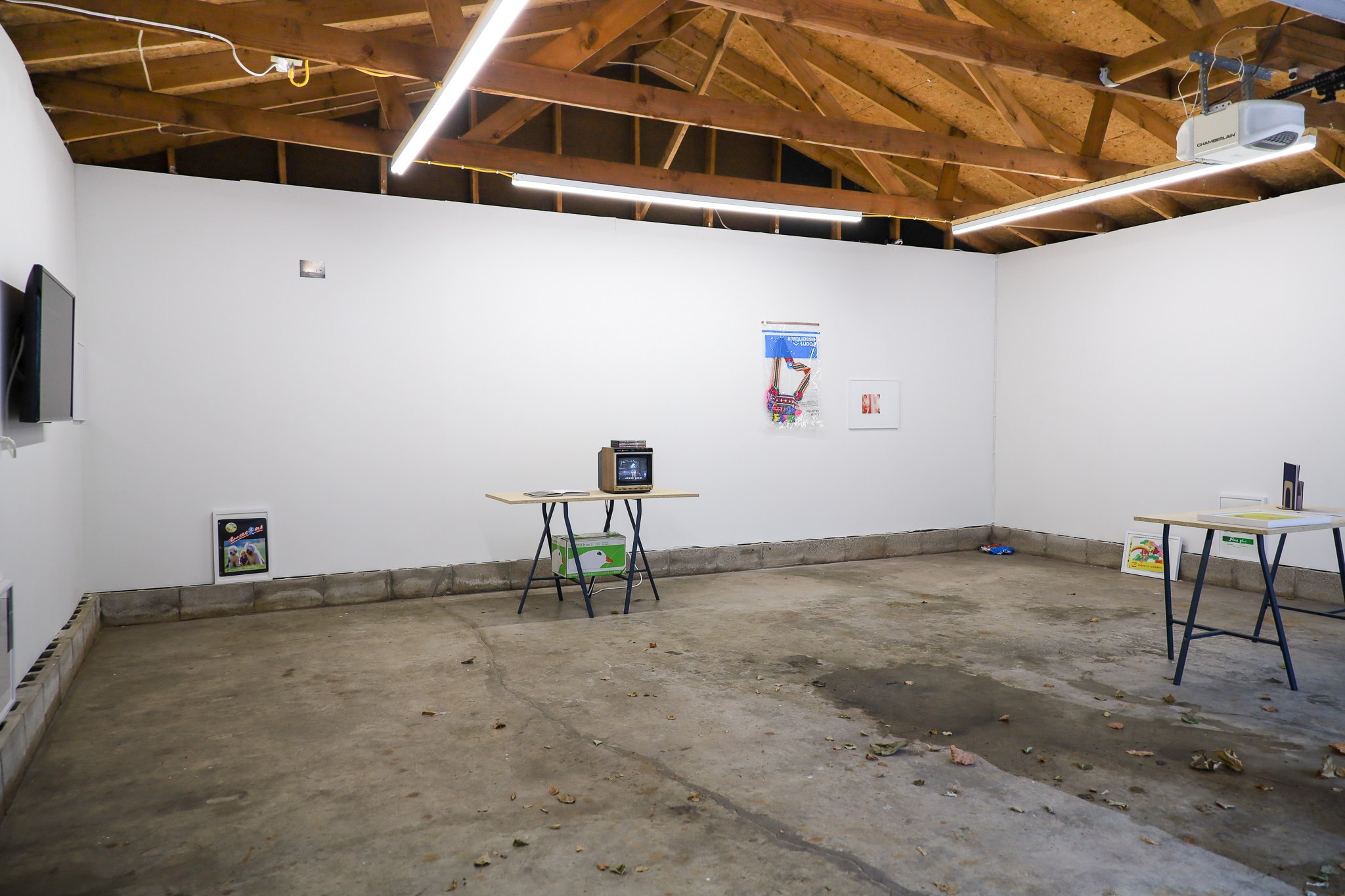

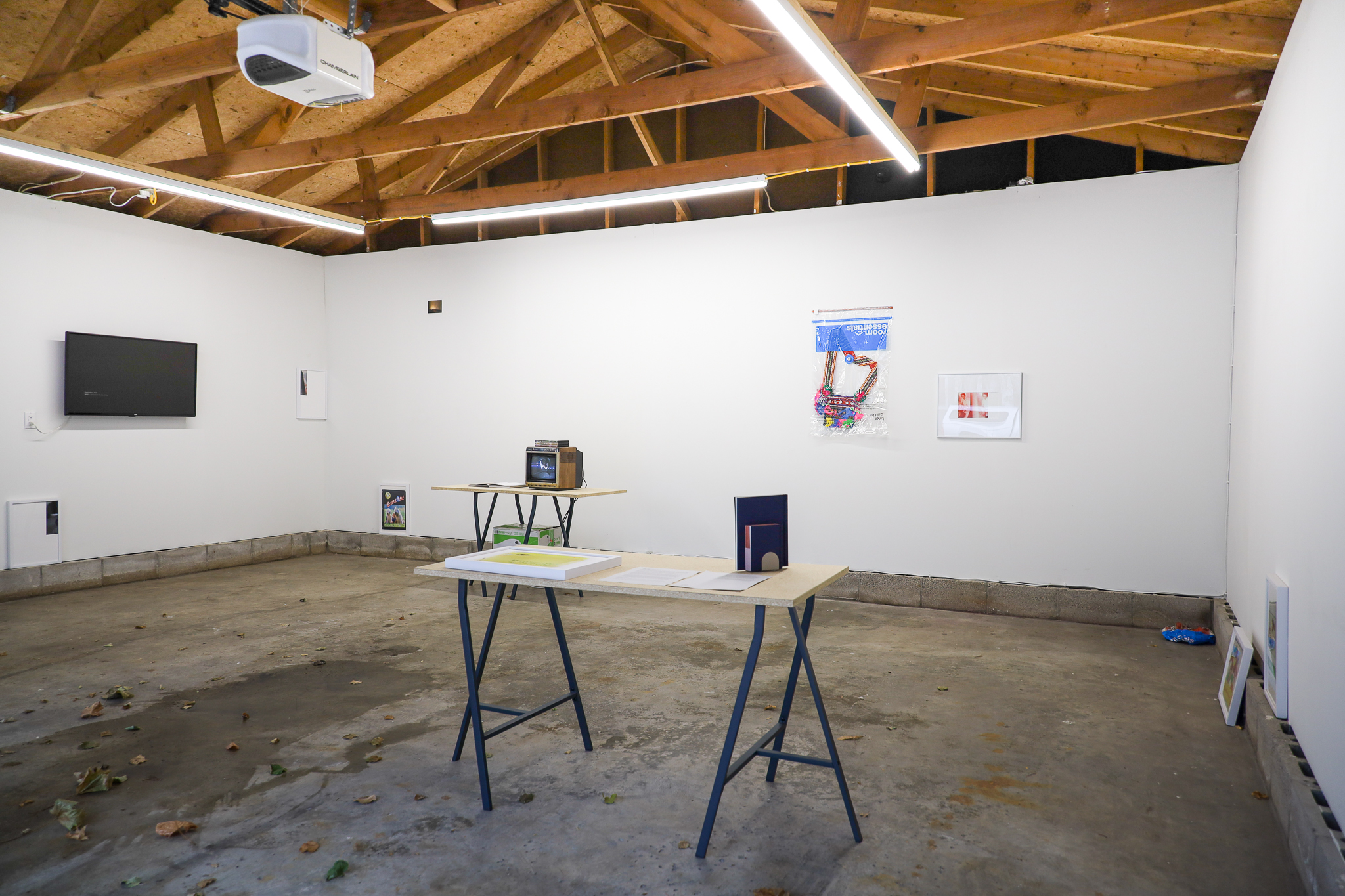
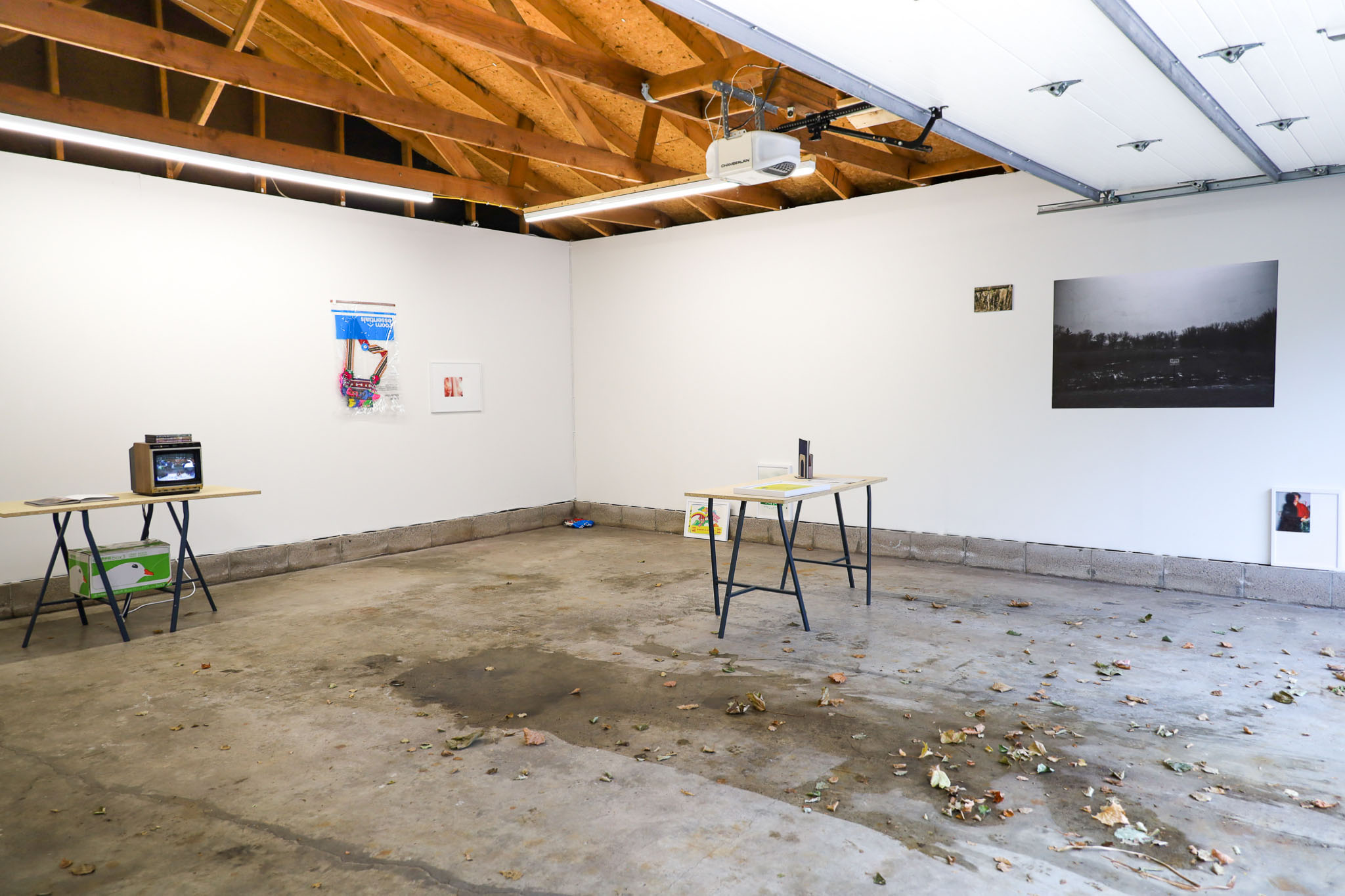

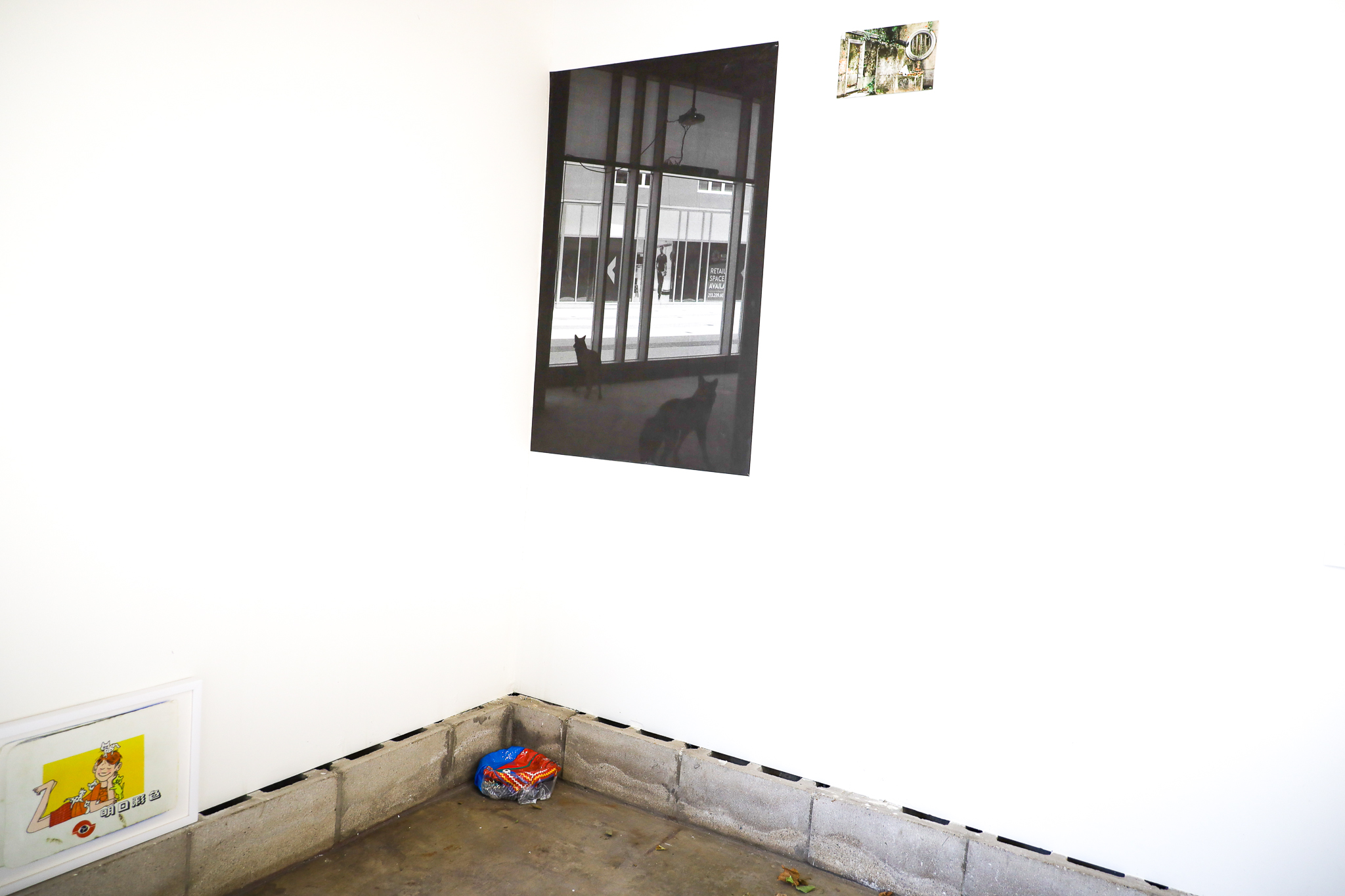
- Photography Book "The Distance Between", 16.5x22.8x1 cm, 29 images, 60pages, including text, mixed paper
- Q & A, Text Book, 10.5x13.7x3 cm, 428pages, cutting inside
- Artist Book "To My Unborn Child", 7"x9"x1", 296pages including texts and images, digital print, hardcover, thread binding
- Multiple digital prints on fine art papers with frame, 42x29.7 cm
- Multiple digital prints on transparent adhesive stickers, 4.x6 in
- Large digital prints on newspapers x2, 40x60 in
- Multiple digital prints on fine art papers with di-bond mounting
- Video work "Wisp", HD, color with audio, 12'30"
- Video work "My Pinbu Grandmother" by Bawki Angaw, analogue, DVD, color with audio
This particular exhibition, by way of its core artifact—a video mourning the death of her grandfather—is structured through the use of historical artifacts, alongside fictional elements, that, once together, blur diaristic memories, colloquial vernaculars, family biographies, and local histories spanning the time before and after she moved to the United States in 2015.
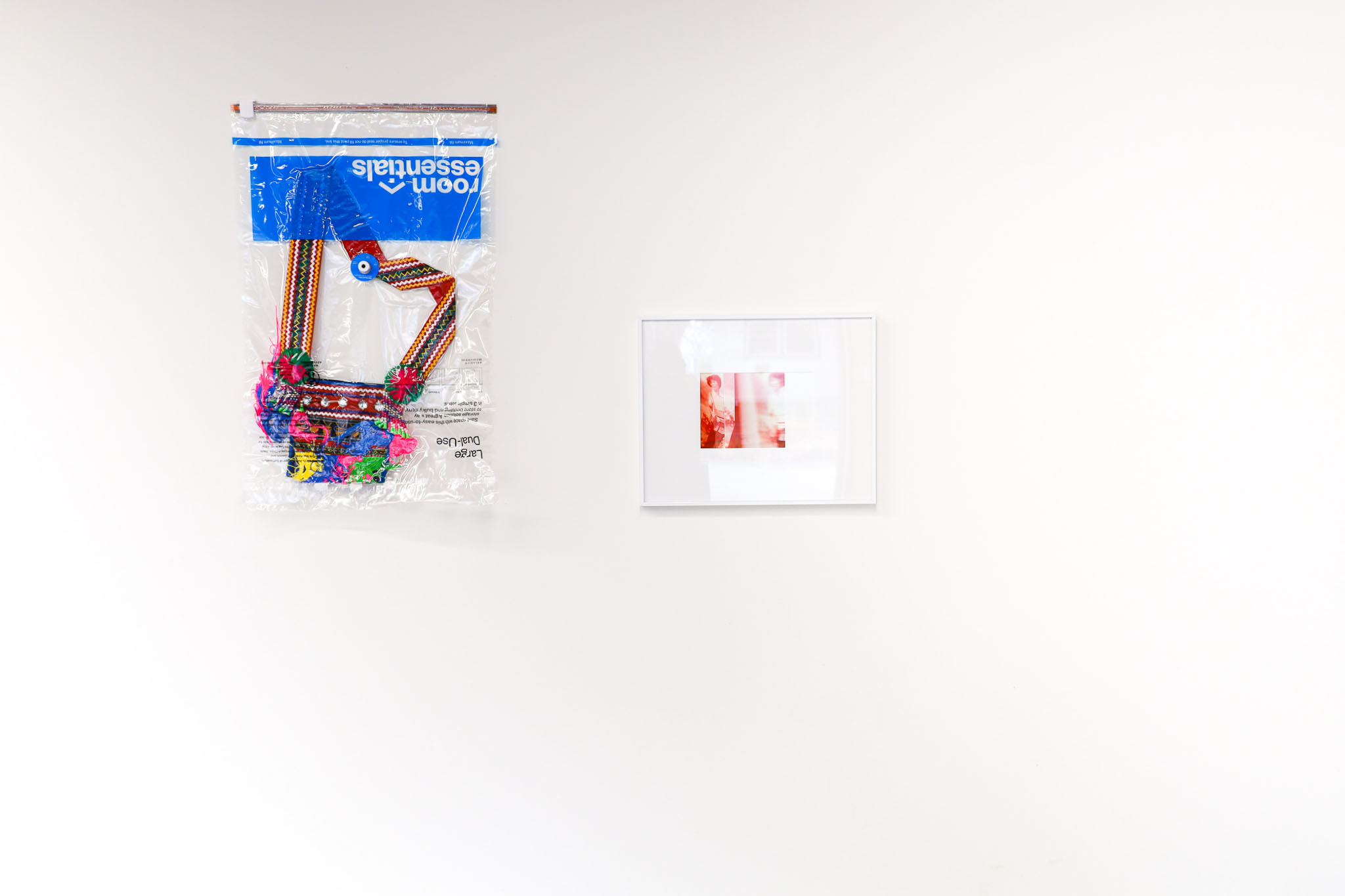
Wen-Li Chen’s choice of the fictional—potentially undoing the definitive nature of the artifactual—lies in her awareness that writing was and still is an unusual way of imparting knowledge of the Kavalan to their descendants. This is due to the fact that the Kavalan, along with most Taiwanese indigenous peoples, did not develop a system of writing. Instead, oral traditions maintained the passage of knowledge, culture and religious ceremonies.
However, Wen-Li Chen admits the inaccessibility to, and resists the romanticism of this mode of being, not only in part to the adoption of written systems by the Kavalan, but also due to other complicating contingencies (being half Han Chinese, pursuing higher education in the UK, marrying an American, etc).

A truce is then found within the books, videos and texts making up the exhibition—a experimental form of a traditional Chinese book called “Zhu Pu” (族譜), or family tree/family book.
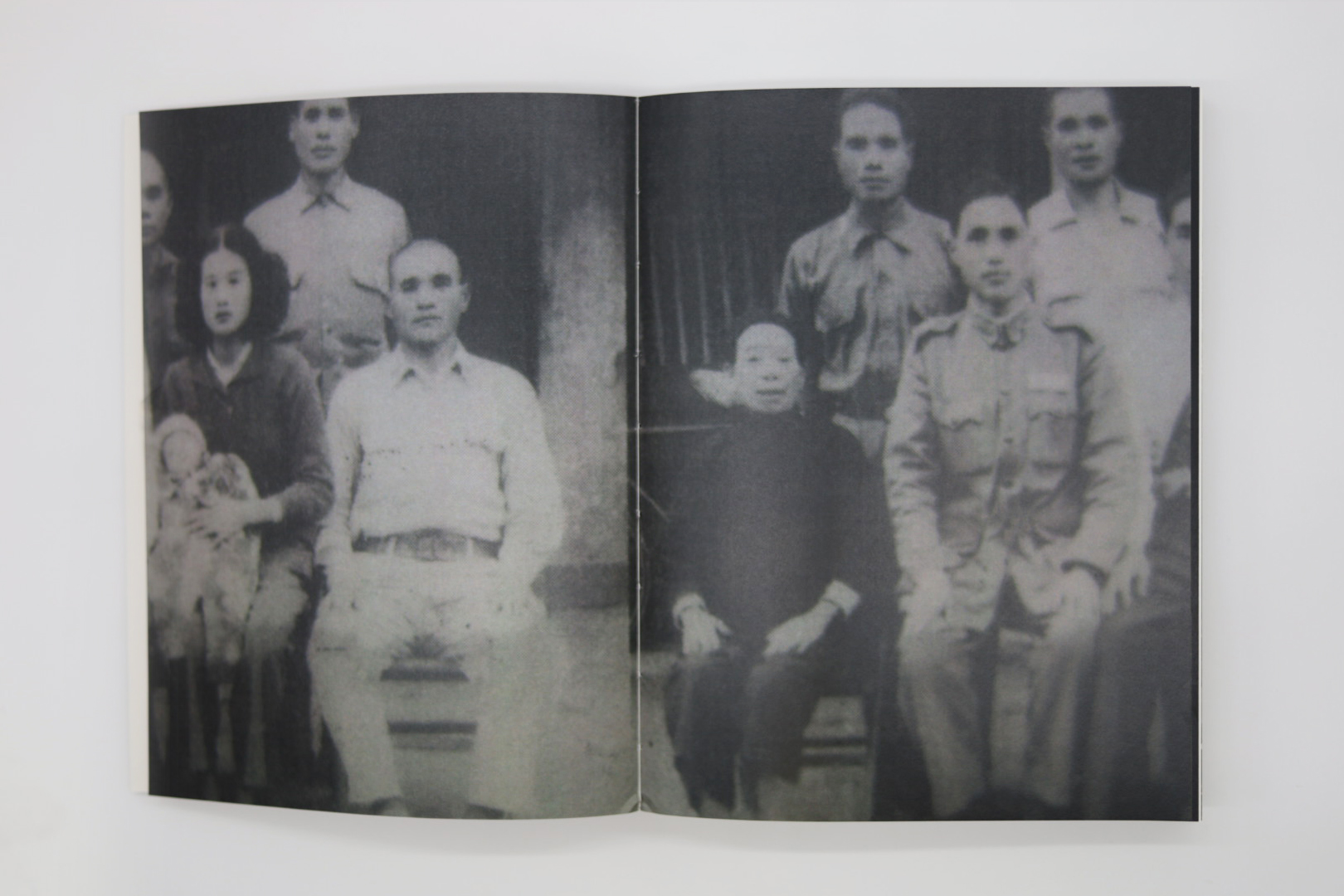
These “Zhu Pu”—first for mother and grandmother, then to her then unborn child and now built into a memorial for her grandfather (once a chieftain of a local tribe)—attempt to provide information about a people and culture she was never able to fully become, yet in many ways remains despite her anxiety of knowing what it means to be like them. The resulting doubt and uncertainty obtain a level of “aliveness” that complicates the clarity of communication by the emotional appeal to an further fading image, that being her child who will only know less in the face of her mother wanting her to know more (unlike her own parents and grandparents who actively kept her heritage at a distance, opting for her to learn English over Kavalan). Out of what Wen-Li Chen calls “a dying nation”, only the sparks of life and cultural resilience emerge, albeit free of the burdening pressure of being like a people that, to her, have only been (historical authenticity).
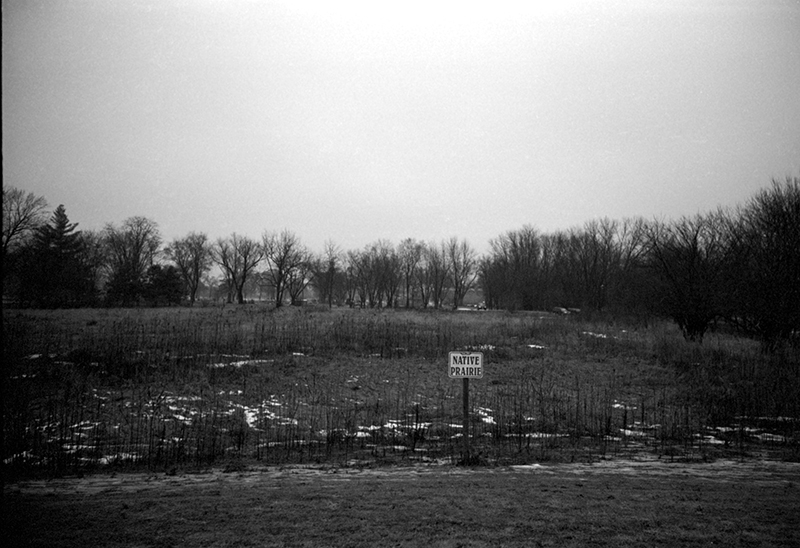
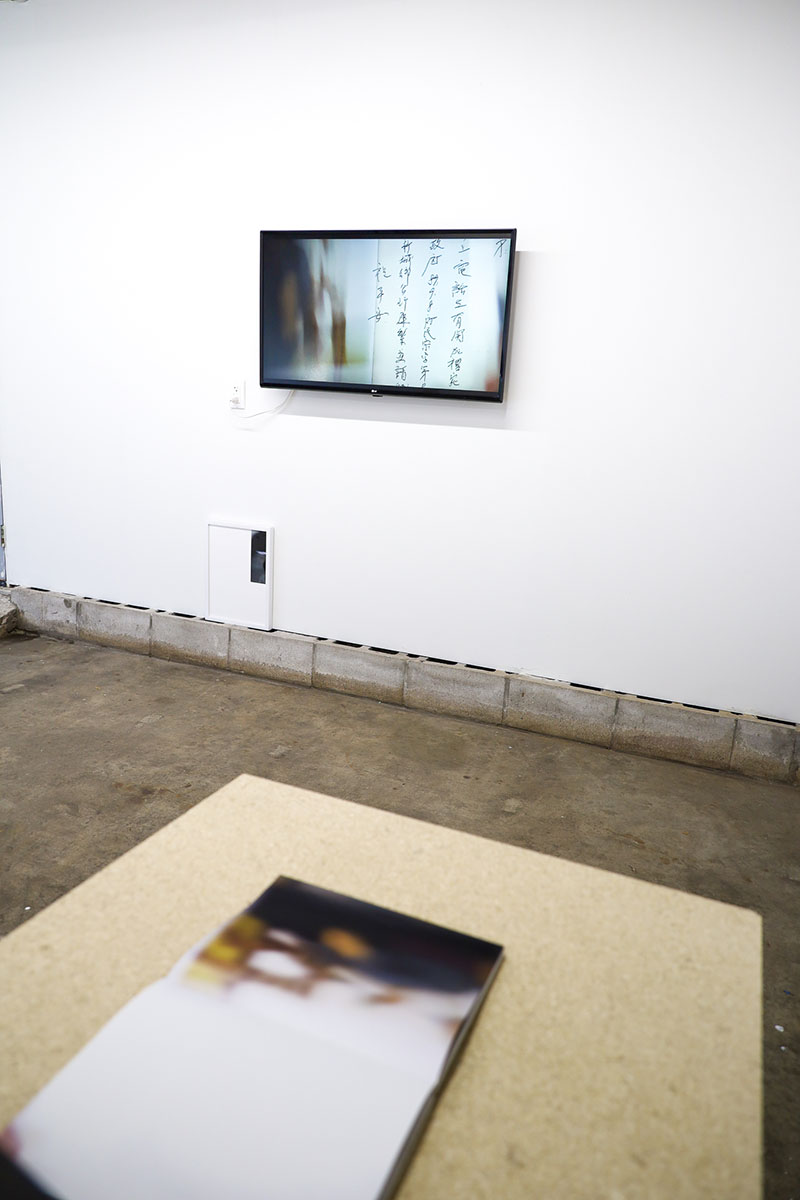
10.26.2019 - 11.24.2019
FOGSTAND Gallery
MN, USA
Video Link
The feeling of being abandoned to a rapidly changing society. On a small island with increasingly limited habitable landmass. Where still tender memories of a colonial history co-exist alongside the products of self-determination. These and more have long been the reality for the shrinking indigenous peoples of Taiwan. From changes coming from within their own family histories, to the increasingly delineated nature of their cultural environments, they are poised to inherit and preserve what can only be hesitantly called a culture of their making. Still, these unavoidable encounters not only present the complexity and feasibility towards an indigenous maintaining its “ownness”, but they go further to define, mark and, ultimately, make available an image of Taiwan.
From a mother’s imagination of her, then unborn, child, into a spiritual offering to a recently deceased grandfather, something both urgent and contemplative is revealed, namely how the past and future generations might gather and act out within introspection. An interiority of the subject to oppose the strict externality of “a people”, or to treat ethnic histories as the contaminated diversities that they always have been, that is part preservation, reconstruction, misinterpretation, partially present and forever precarious.







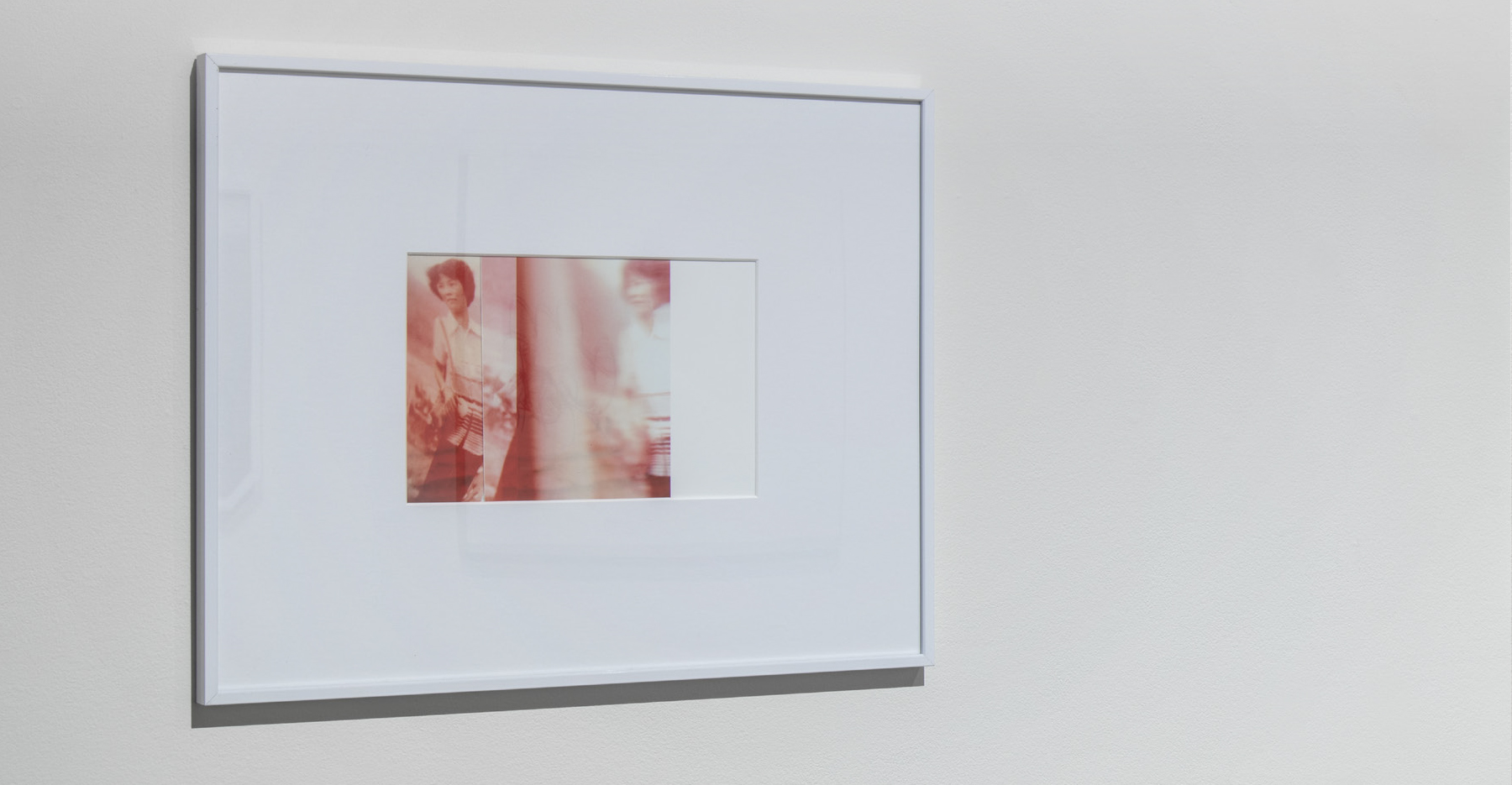

03.10.2018 — 04.14.2018
14th Juried Group Exhibition
MN,USA
Curated by Teqen Zen-Aida and Gabriel Ritter
Organized and hosted by SOO VAC
- Photography, 11.7"x16.5", framed digital prints on fine art papers
- Photography, 16.5"x23.4", framed digital print on fine art paper
- Risograph on newspaper print, 12"x28"
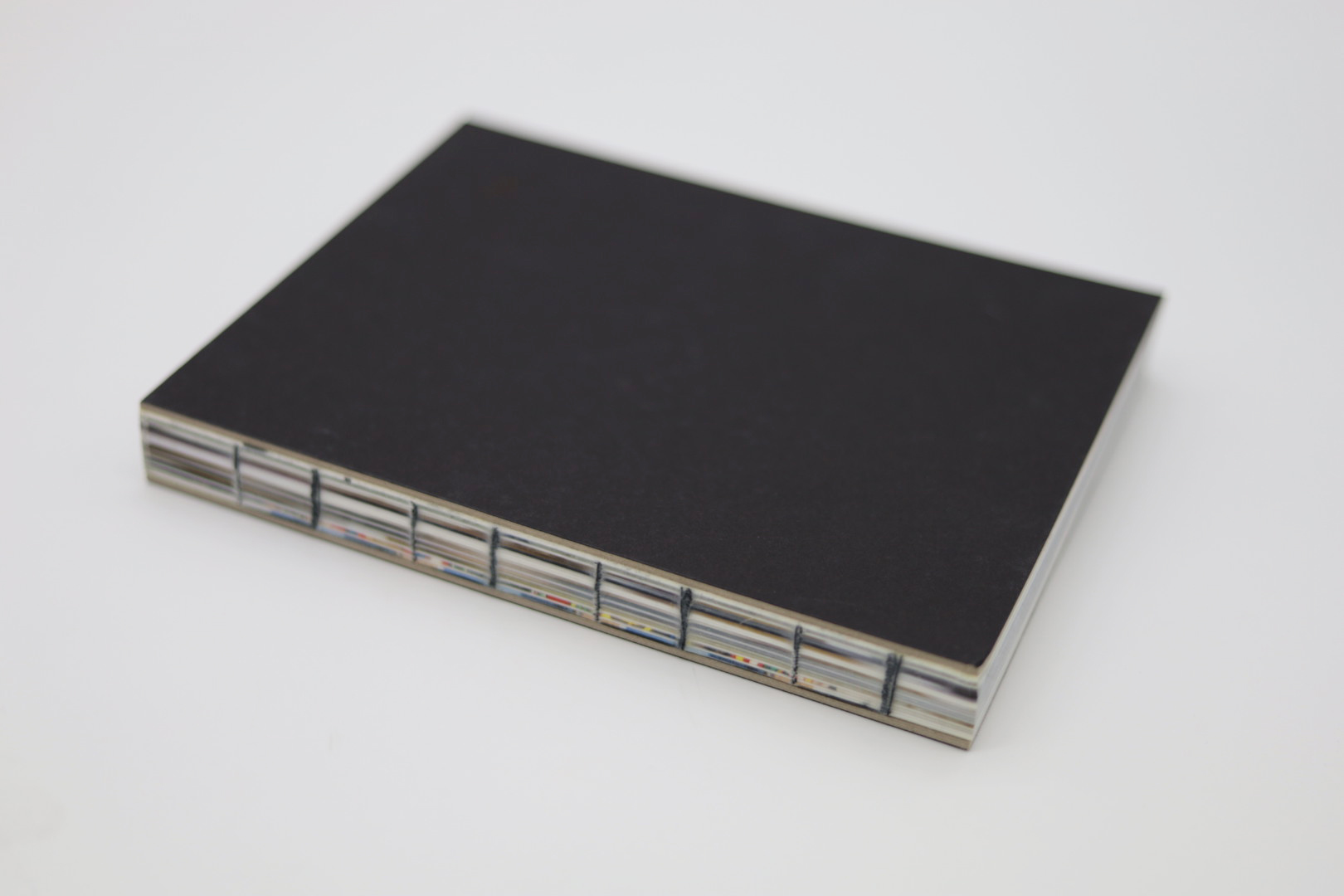




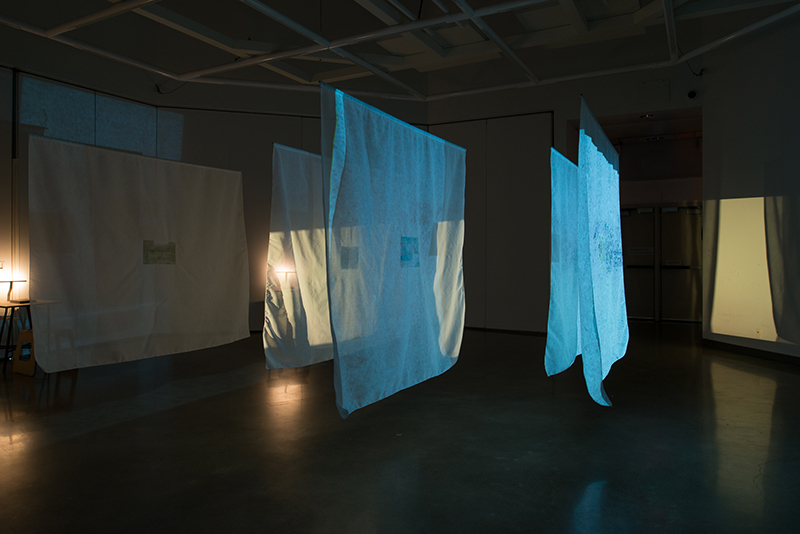

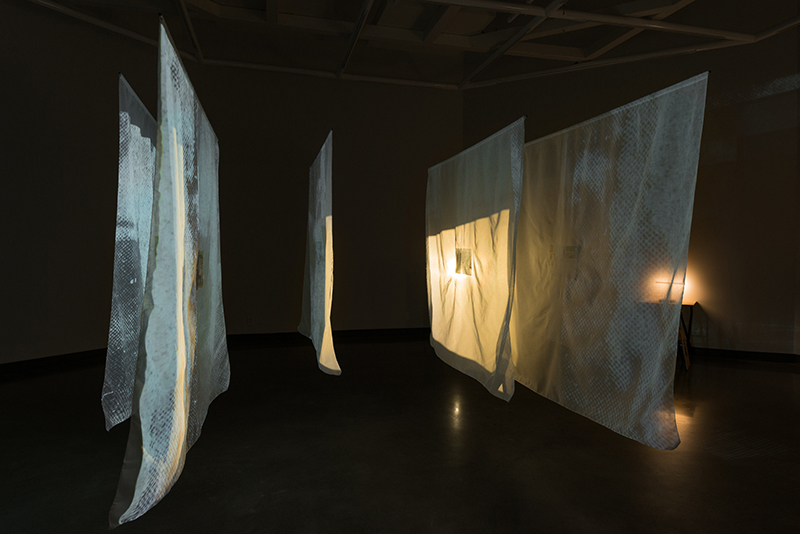
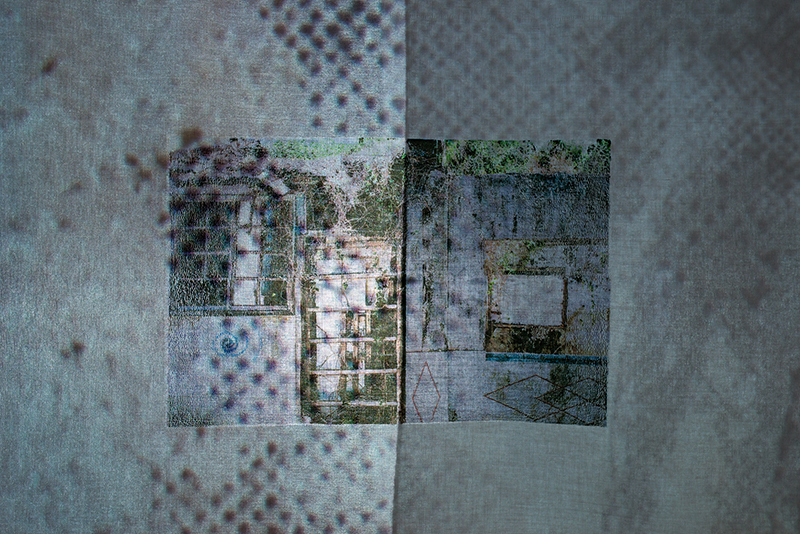
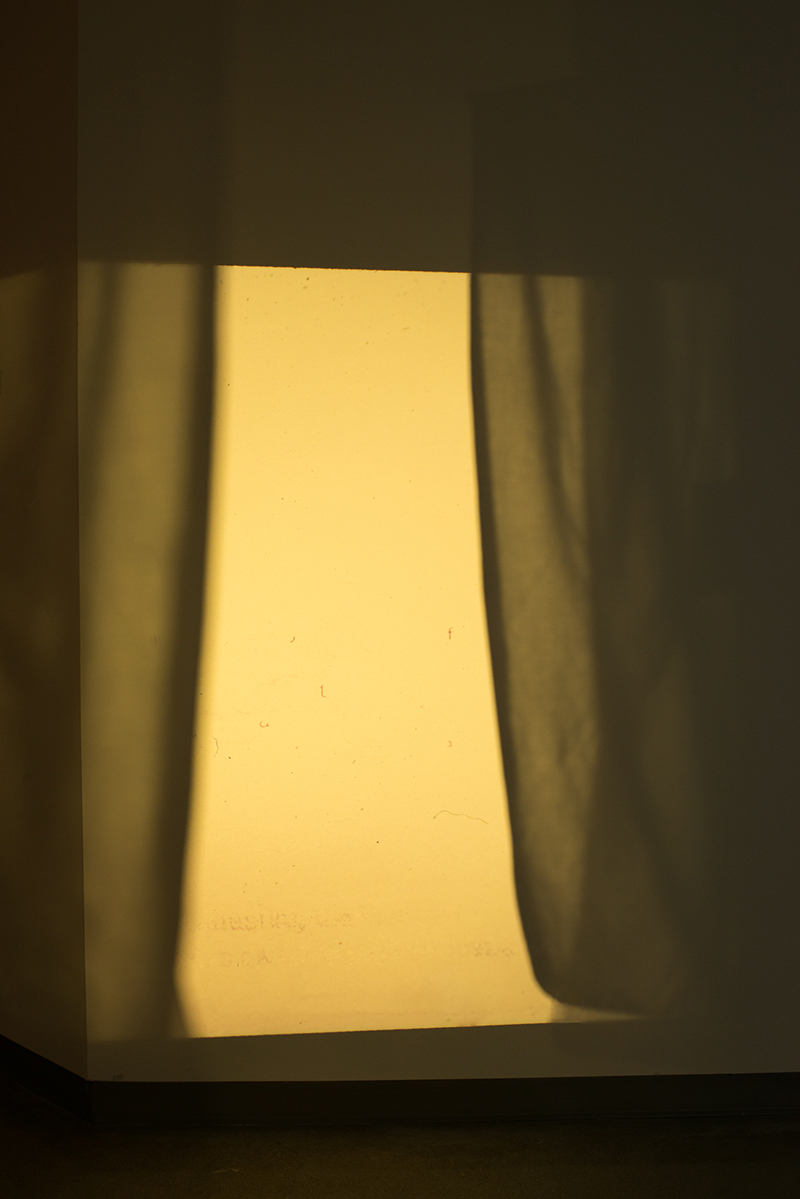

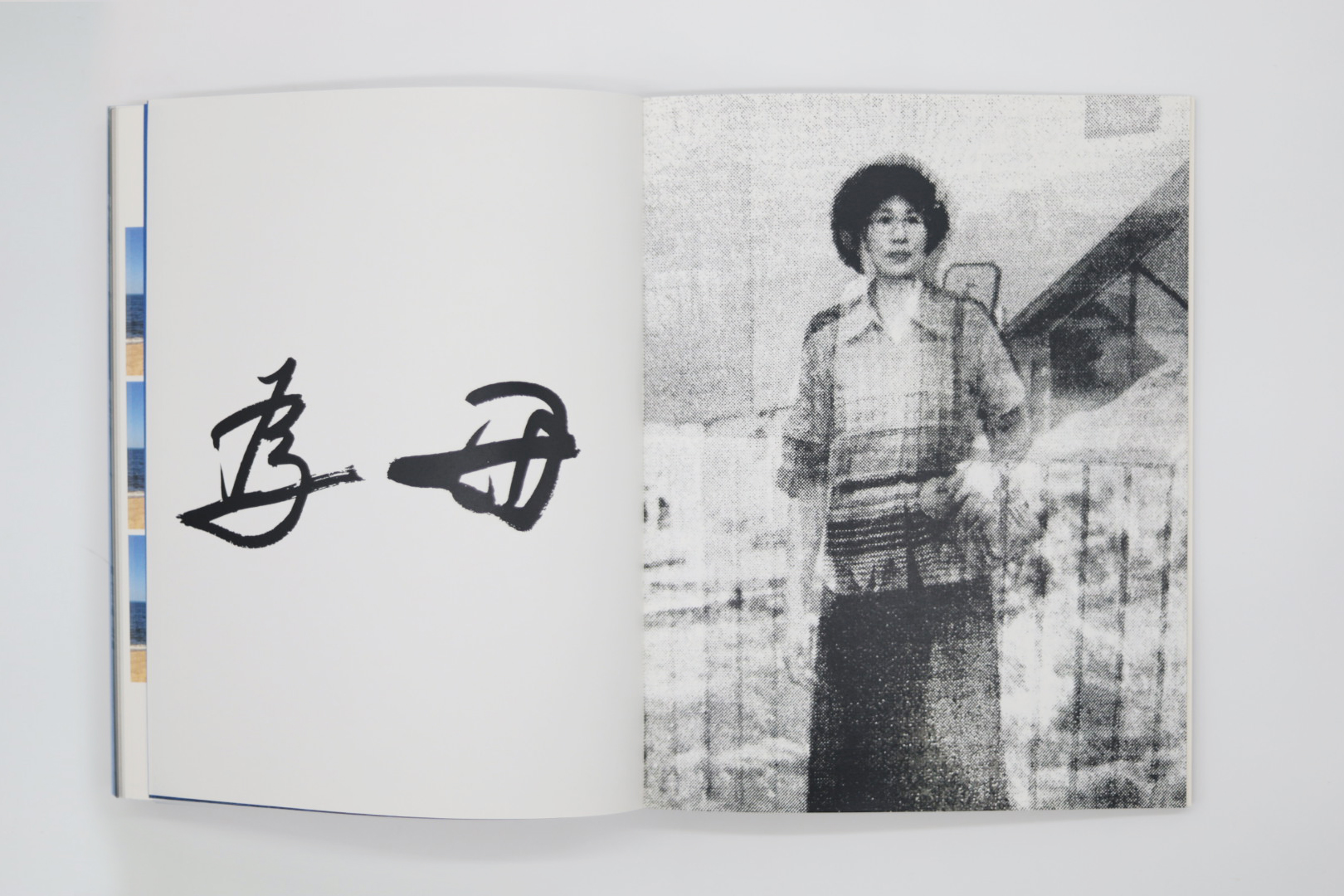
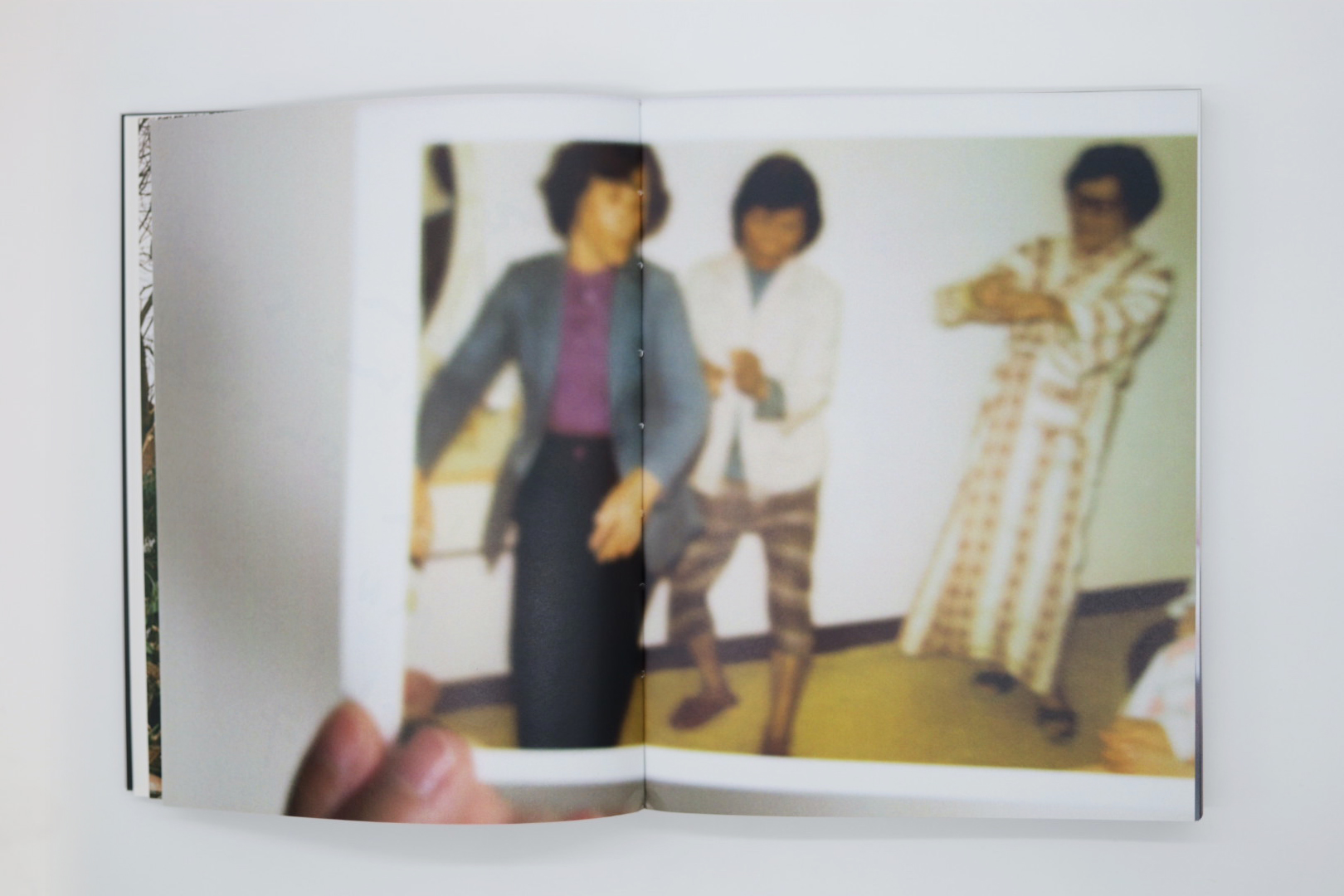
09.14.2018 — 11.10.2018
Richmond Art Gallery, Canada
Curated by Tyler Russel with Godfre Leung
Organized by Center A
Hosted by Richmond Art Gallery
Installation shots at Richmond Art Gallery by Michael Love
Public Press PDF
Invitation
Selected pages from exhibited book
Review by Levi Sherman
- Book, 7"x9"x1", 296pages including texts and images, digital prints, hardcover, thread binding
- HD Video without audio, 30min loop, projected on the fabric sheet with a digital projector
- A selective still digital image projected on the fabric sheet with a slide projector
- Multiple digital images with heat transfer papers ironed in the center of several fabric sheets

FOGSTAND Gallery
Hualien, Taiwan
Two-Person Exhibition with Marco Scerri
Curated by Darren Tesar
When artists engage in presenting aspects and/or critiques of tourism, they inevitably begin to engender afterimages of tourism’s own dialectic—unmediated locality and its assumed authenticity. It is here, along the contours of a site’s resistance to be represented, where we start to doubt art’s ability to capture such fine resolutions. Representation within art has always been primarily artistic representation, be it the virtuous self-excommunication of modernism or the decidedly reactionary horizontality of post-modernism. Both of these generalized historical contexts did one thing exceedingly well, they produced countless images and generated equal amounts of content. However, this very production must be considered part of the problem of tourism, for both—intentionally or unintentionally—stabilized presence into presentation, which clumsily handles the nuance of any time or place.
This hastily rendered sketch directs us to this following exhibition. Inspired by the hauntological practices of recording artist The Caretaker, ISLAND, Wen-Li Chen and Marco Scerri both address the above complexity without generating any new photographs, without inserting any new perspectives, indeed, without taking up any new positions on their respective islands. Instead, and like the un-authored hisses and cracklings that coincide with the found recordings making up The Caretakers “recordings”, Scerri’s and Chen’s artistic gestures exist within the tonalities of touched photographs and the practical formalities of photographic preservation. They did not work on the islands of Malta or Taiwan, but from abroad via the islands that are photographic archives (both in Malta and Taiwan). In short, Scerri and Chen explore the daunting task of taking care in and, therefore, of deteriorating images depicting a time and a place we no longer have the confidence to say is or is not lost, that is to stay, urgently, even or ever was.

Wen-Li Chen’s photographic contributions originate more autobiographically. Her selected photographs chronicle something simple, yet urgent in the discussion of identity, namely the cover of commercial photo-lab photo books. The photographs, while simple, are startling in what they are able to convey, since underneath the foreign images that make up the cover is the history of her and her family. So to these odd images—an image of 10 unknown babies, an image of a small boy and what appears to be his dog and a series of uncredited paintings—somehow become a sort of adopted family photographs.




- 12 series of framed digital prints on photo paper